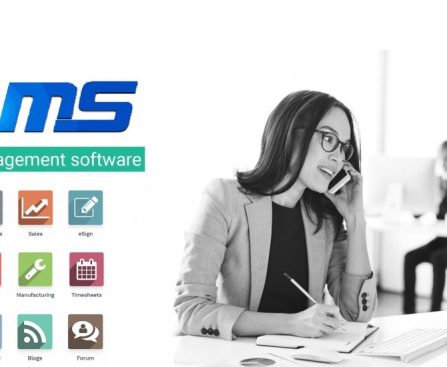Re-order from Portal is a feature offered by Odoo, an open-source business management software. It specifically allows customers to easily re-purchase items they previously bought through the company’s online customer portal. In simpler terms, it streamlines repeat orders for frequently needed products. Here’s a breakdown of the benefits: Saves Time: Customers don’t have to search […]
In an Odoo website, a wishlist is a virtual shopping list where customers can save products they are interested in but aren’t ready to buy right away. It’s like a bookmark for online shopping. Odoo websites do offer wishlist functionality, allowing customers to save products they’re interested in for later purchase. Here’s a breakdown of […]
Odoo 17 isn’t just about managing inventory or streamlining sales – it can also be a powerful platform for crafting and sharing your expertise through a built-in blog. Here’s a comprehensive guide to get you started with creating and publishing engaging blog content in Odoo 17: 1. Setting the Stage: Blog Creation Access the Website […]
An advanced price rule is a business rule used to define dynamic pricing based on various conditions. It’s more sophisticated than a basic rule that simply sets a fixed price. Benefits of Advanced Price Rules: Increased sales through targeted promotions and discounts. Improved profit margins by automatically adjusting prices based on costs or competitor pricing. […]
“Compare to” Pricing: This method lets you display a higher “compare to” price alongside your actual selling price. This can be a persuasive tactic, making your product seem like a better deal. Here’s how to set it up: Activate the Feature: Go to Website — Configuration — Settings and navigate to the Shop – Products […]
The main purpose of a custom header and footer in Odoo POS is to personalize your receipts with additional information beyond the standard Odoo output. This can be useful for: Branding: Including your company logo, name, and slogan in the header can increase brand recognition on every receipt. Promotional messages: You can use the footer […]
Odoo offers a Quality app specifically designed to manage and ensure product quality throughout your entire business process. 00:00 Intro 00:52 Quality Team 5:09 Quality Control Point 11:15 Manufacture the Product, Purchase Component 16:08 Deliver the Product 20:40 Reports 21:46 Access Rights in Quality Here’s a breakdown of its functionalities: Quality Checks: Conduct manual product […]
A scroll bar is a graphical element you see on computer screens and applications. It’s like a tiny control panel that lets you view more content than what can fit on your screen at once.There are a couple of reasons why large scroll bars are commonly used in point-of-sale (POS) systems: Accommodating Long Lists: POS […]
Odoo 17’s employee module goes beyond simple HR management. It leverages gamification through badges and challenges to boost employee morale, increase engagement, and drive desired behaviours. Let’s delve into how these features work: Badges: Virtual Recognition for Achievements Celebrating Milestones: Employee badges are virtual tokens awarded for completing specific tasks or reaching predefined goals within […]
In Odoo’s Point of Sale (POS) system, a restricted category refers to a product category that is hidden from staff members during a sales session. This means cashiers or sales representatives won’t be able to see or sell any items belonging to those categories. Here’s how it works: Configuration: An administrator configures the POS settings. […]
